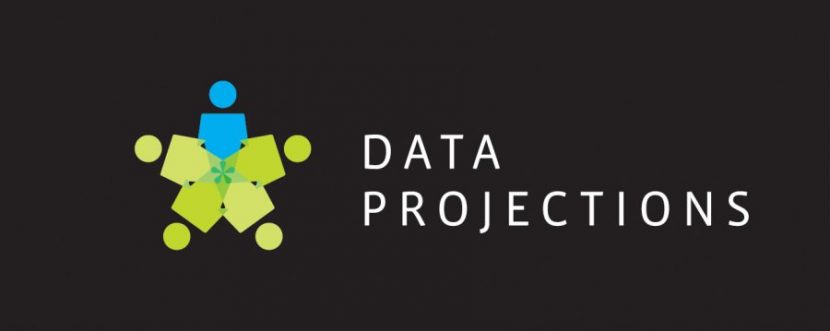Are there privacy issues with video production in schools?
The answer to this question depends on which video publishing platform is being used. However, parents are right to have concerns with their children appearing on camera. Schools are increasingly embracing the use of video production technology. According to research published in Contemporary Issues in Technology and Teacher Education, video production technology has proven to be an effective booster in creativity, communication skills and collaboration. These are skills that are difficult to teach with traditional curriculum, so video production has enormous potential for educators and students alike. Like with any technology, though, there are challenges to overcome, and in this case, it’s privacy concerns. Fortunately, any privacy issues can be eliminated, as long as the proper video publishing platforms and technologies are utilized.What are parents worried about?
There’s always a risk when children appear in a public video, and in the case of video production, it has to do with privacy. When videos are uploaded to platforms accessible to the public, there’s no accounting for who is watching it. This is how the most popular video publishing sites, including YouTube, operate. When a video is pushed to YouTube, it’s impossible to predict where it will end up, and that’s not acceptable to many parents. There’s a few reasons why parents should be concerned about their school publishing morning announcements on YouTube. They include:1. Child predators – It may seem sensational to consider child predators in a YouTube context, but the platform has had serious trouble in keeping potential criminals off of its site.
In a chilling experiment that The Verge ran for a February 2019 article, the publication determined that it could find a video with predatory comments in just six clicks or less. Those comments often referred to young children, and many were unremoved months after being posting. YouTube is not effective at policing predatory comments, and such comments can be terrifying and confusing for children to encounter.
2. Harmful comments – The internet can be a harsh place, and YouTube is often pointed to as one of harshest. There are several reasons for this. YouTube commenters aren’t completely anonymous, as they have to sign up with a Google account, but new accounts can be created when one is shut down, and there’s little evidence that YouTube commenters are facing consequences any worse than just having to create another account. Also, YouTube does little to filter out inappropriate or hateful comments, so it’s really unavoidable as long as comments are allowed.
These comments may be easy for an adult to shrug off, but children may have a lot more trouble dealing with unfair criticisms or outright insults.
3. Permanency – Issues with comments can be dealt with by disabling them entirely, but once something is put on the internet, there’s always the possibility that it remains on the internet indefinitely. This is especially true of social media sites and video publishing sites. Whoever uploads a video to YouTube remains that video’s owner even once it is published, so schools can always delete and remove videos when they see fit. However, if they aren’t removed, YouTube videos remain on the site indefinitely, which means anything a child appears in will be there even as they transition into an adult.
Parents must consider whether they want a potentially permanent record of their child online, especially if they regularly appear in videos for the school. If the video contains something embarrassing, it might become a source of ongoing embarrassment as the child ages.
There’s always a risk when a video that contains minors is published online, particularly on popular public video publishing sites. This risk is often compounded when schools run their own video accounts, because there’s often a lack of oversight regarding who is charge of the account. School administrators may leave the account in the hands of a tech-savvy student or teacher, but is that person going to be careful with what gets published? That’s another concern for many parents. Fortunately, there are alternatives that provide a much more secure form of video publishing, rendering these issues moot.


